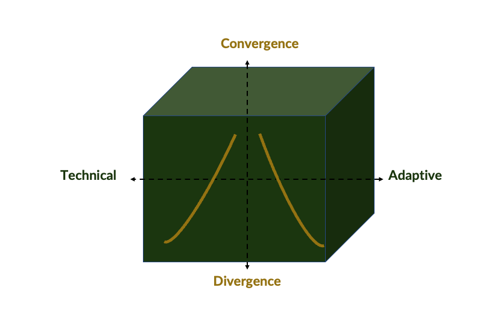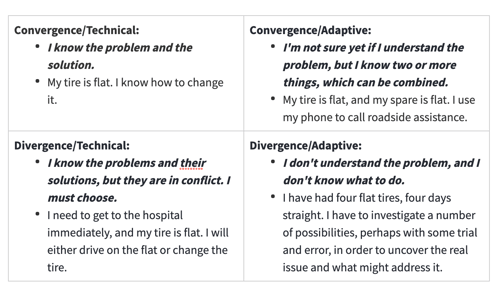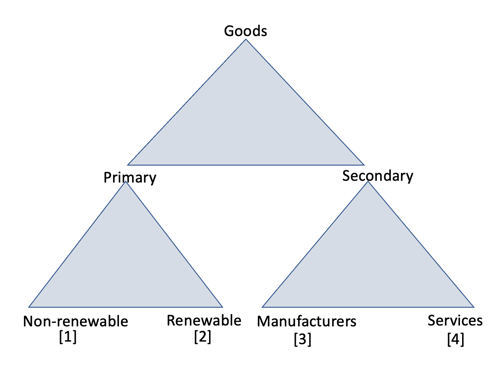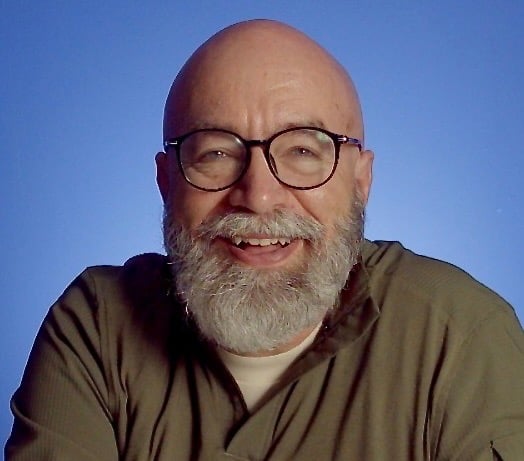
Twenty-six years ago, five denominational bodies came together to work on common definitions of what it means to earn and use money faithfully. I was recruited to run this project, which brought me two gifts I can never repay:
- Two full years to read broadly and deeply on the subject while simultaneously conducting focus groups across North America, reflecting a full rainbow of ethnic and cultural diversity,
- Three years to design and launch a consultative model that powered the process our insight pointed to, providing resources for educational and organizational change that enable people to more readily understand and live their spiritual and ethical commitments expressed as generosity and hospitality.
When that project finished, the educational material we produced had a number of places to go, but our process-oriented consulting model had no home. It was too new a way of working to reside in an existing organization. It was too experimental to be taught as fixed curriculum. Over time, we birthed two organizations:
- The Community of Practice we call Design Group International
- A professional credentialing body, The Society For Process Consulting
This never would have happened without two years of largely unbounded research and reflection followed by three years of continent-wide and eventually international experimentation.
A key text during those two years of preparation was E. F. Schumacher's book, Small Is Beautiful: Economics as if People Mattered. Already twenty-five years old at the time, Schumacher's essays pervasively and persuasively influenced my work, including the stalwart business model that powers Design Group International as a Community of Practice.
After so many years, I have returned to this book all over again as if for the first time. While reading, I'm finding abundant reason to celebrate our sustained resilience and growth. For instance, in our twenty-first year of business, we now work with more than sixty clients at any given time.
I am re-learning so much and some long-practiced insights and disciplines are being driven more deeply into my awareness. For the purposes of this blog, let's list two:
1. Future Value out of Divergence

Divergence happens. Stability unravels. Established patterns get disrupted, have core assumptions destroyed, or simply cease to work. Can anyone say "pandemic?" We have to find our way out of divergent moments, figure out what new patterns might help us find future value, and then converge toward something we can recognize, repeat and then make available for the welfare of others.
Adaptation happens. Technical solutions we have at hand often cannot address new challenges. We have to experiment our way to discover what unknown solutions can become known ones.
This normal digression away from convergent and technical solutions and toward diverging, adaptive challenges leads to one of those Johari windows I love so much!

When transitioning knowledge from one generation to another - in a family, or in a business environment - we pass along wisdom from all four of the above quadrants.
- In the convergent, we teach skills and repeatable, current-value tasks.
- In the divergent, we are in the realm of purpose, mission, and values. These are the frames by which something not yet figured out becomes figured out and from which future value might be developed and extracted.
Schumacher tells us that to pass wisdom along for managing the divergent, we must know our center. We constantly move between the quadrants, sometimes with feet in all four at the same time, and we need a point of orientation from which to face divergent and adaptive challenges when they appear. From our center we can face into what is both divergent and adaptive, finding what is useful out of our exploration: healing, a new product, a service to offer, or even the ability to let something go.
I take this to mean that it is reasonable for Maestro-level leaders to ask a successor about their own developing center of personhood and how they draw on it. If successors know their center and whether they make use of it when they face the divergent and adaptive dynamics of life and work, there is a greater likelihood those successors will concentrate upon newly emerging problems for the benefit of others - not just as a means for self-protection.
2. The Definition of "Goods"
The extremely simple diagram that follows shows us where we can locate the types of "goods" that firms extract or create.
- Goods in the primary category are either non-renewable (e.g. oil in the tractor's crankcase) or renewable (e.g. corn, planted by the tractor).
- Goods in the secondary category are either manufactured products (e.g. corn-based cereal) or offered services (e.g. convenience store that cells cereal).

Let's make three important observations:
- Secondary goods are not possible without primary goods.
- The true cost to extract non-renewable goods is quite different than the cost to produce renewable ones.
- We court tragedy if we destroy capacity for renewable goods in our pursuit to extract non-renewable goods.
I have lived with and built a career out of these basic observations. It became a career on which others have and are building their careers. Seeing others find freedom to work and live in this way overflows my cup of joy. It is so satisfying to watch it develop and grow.
There is a simultaneous near despair, however, when watching executive leaders unable to trace, comprehend, or effectively communicate a complex thought, unable to track with these observations. They are limiting themselves to bytes, bits, and quick snorts of media instead of digging into three-volume works, spending evenings drinking in oratorios, and using whole afternoons teaching children to properly fill out a baseball scorecard.
It remains an open question and an enormous task whether Executive Leaders will become wise, let alone pass wisdom to others in such a way that they are grateful for it, spend their lives building on it, and solidify their own intention to pass old and newly minted wisdom along to still others.
We have to want to do it. Do we want to?
Others have to want to receive it. Whether they are aware and receptive remains their choice.
Joyful hope that we can do this and constant sorrow that we might not are close companions of late.
Preparation for the next Maestro-level leaders cohort is underway. We would love to to talk with any accomplished executive who knows they cannot manage future value, succession, and legacy by themselves.
Listen to the Third Turn Podcast!
Tags:
leadership succession, Mark L. Vincent, Design Group International, society for process consulting, Community of Practice, Maestro-level Leaders, The Third Turn, Future Value, Divergence
April 1, 2021


Comments